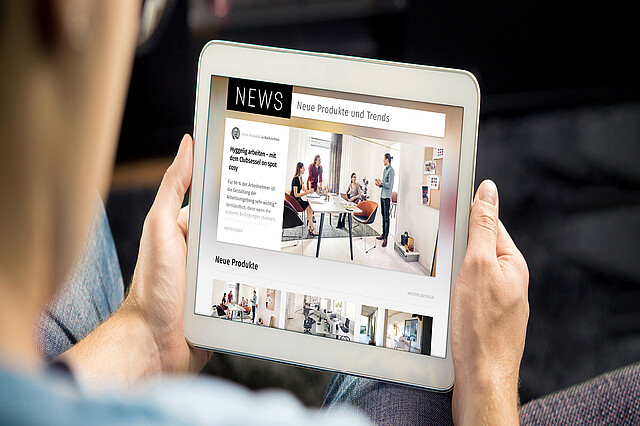The Evolving Role of Work: Shifting Priorities in the Hybrid Society
In the hybrid society, the central role of work in life is one of the most dynamic factors. The current shift is being driven by a collective reassessment of priorities that has been significantly influenced by three elements: a new understanding of well-being and quality of life post-pandemic, the global spread of remote working and flexible working accelerated by technological advances, and the pace of change and global crises that have challenged the central role of work in life.
These developments have encouraged a more holistic approach to working life, encompassing not only what we do, but also the questions of why and how. This transition points to a profound change in the preferences and expectations of the labour force. More and more people are recognising the value of flexibility, work-life balance and the ability to work efficiently from multiple locations.
In today's society, work is no longer just seen as a means to an end, but as a fundamental element of individual identity and satisfaction. Employees are increasingly looking for jobs that not only offer financial security, but also align with their values and provide development opportunities and flexibility. They are proactively seeking to improve their personal lives and act in accordance with their beliefs, with the aim of finding happiness and fulfilment in the workplace and beyond.
Part of this change also includes phenomena such as the ‘great resignation’ or ‘inner resignation’, where employees whose aspirations remain unfulfilled do not formally leave their jobs, but withdraw to a minimum. These behaviours illustrate how people are re-evaluating their career decisions. A recent social study in Italy, the results of which are applicable to the whole of Europe, shows that the complexity of the modern world has a significant impact on individuals' needs in terms of daily well-being.
We distinguish between the following two types: The creative society, which emerged in the early 2000s, prioritised work as a means of self-fulfilment. In contrast, the post-creative, hybrid society, which emerged at the start of the Covid-19 pandemic in 2020, focuses on people and their well-being. Here, work serves to earn a living, but work-life balance and mental and physical health are becoming increasingly important.
Information overload, the acceleration of change, the complexity of interpersonal relationships and the quest for meaning and authenticity are just some of the social factors that are increasing the importance of wellbeing. This paradigm shift represents a significant societal change in which traditional career ambitions are increasingly being replaced by wellbeing and satisfaction. However, this development also brings with it a number of difficulties, particularly with regard to maintaining a balanced work and private life.
You can find out more about the Detox Office here.

In Zusammenarbeit mit PACO DESIGN COLLABORATIVE für Sedus Stoll AG)
In a society where being physically present in the office only 3.1 days a week (JLL Research, ‘Is Hybrid really working?’, 2023.) is the norm, the traditional term ‘work-life balance’ is increasingly perceived as inappropriate or unrealistic (Lowisz S., ‘Work-Life Blending: What it Means and Why it Matters’, 2021). Instead, people now talk about the work-life blend.
Remote working poses a particular challenge for those who try to draw clear boundaries between work and private life. When work intrudes into personal time, many employees feel overwhelmed, guilty or incapable because they are unable to strictly separate work and life.
social media channels:


